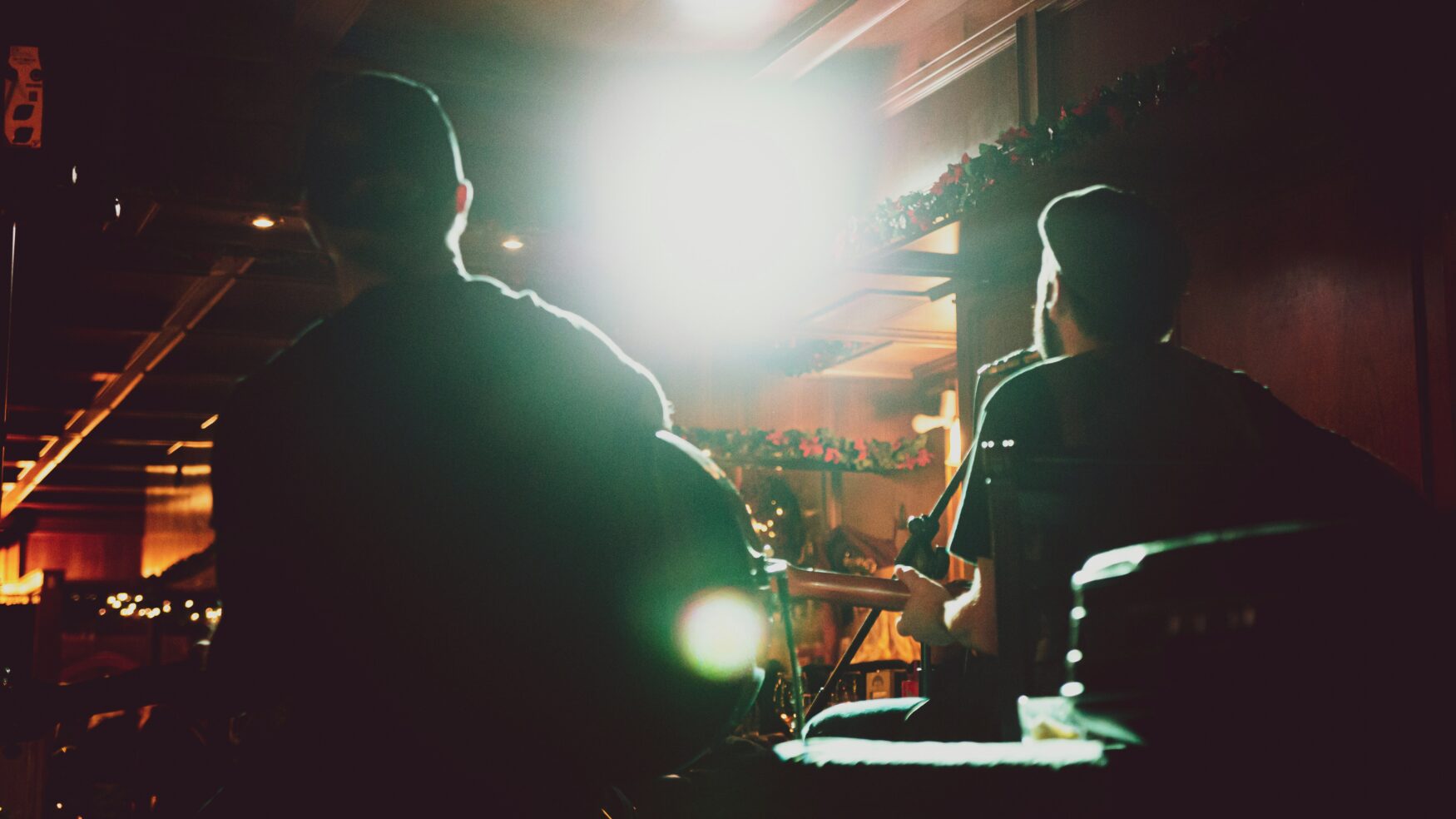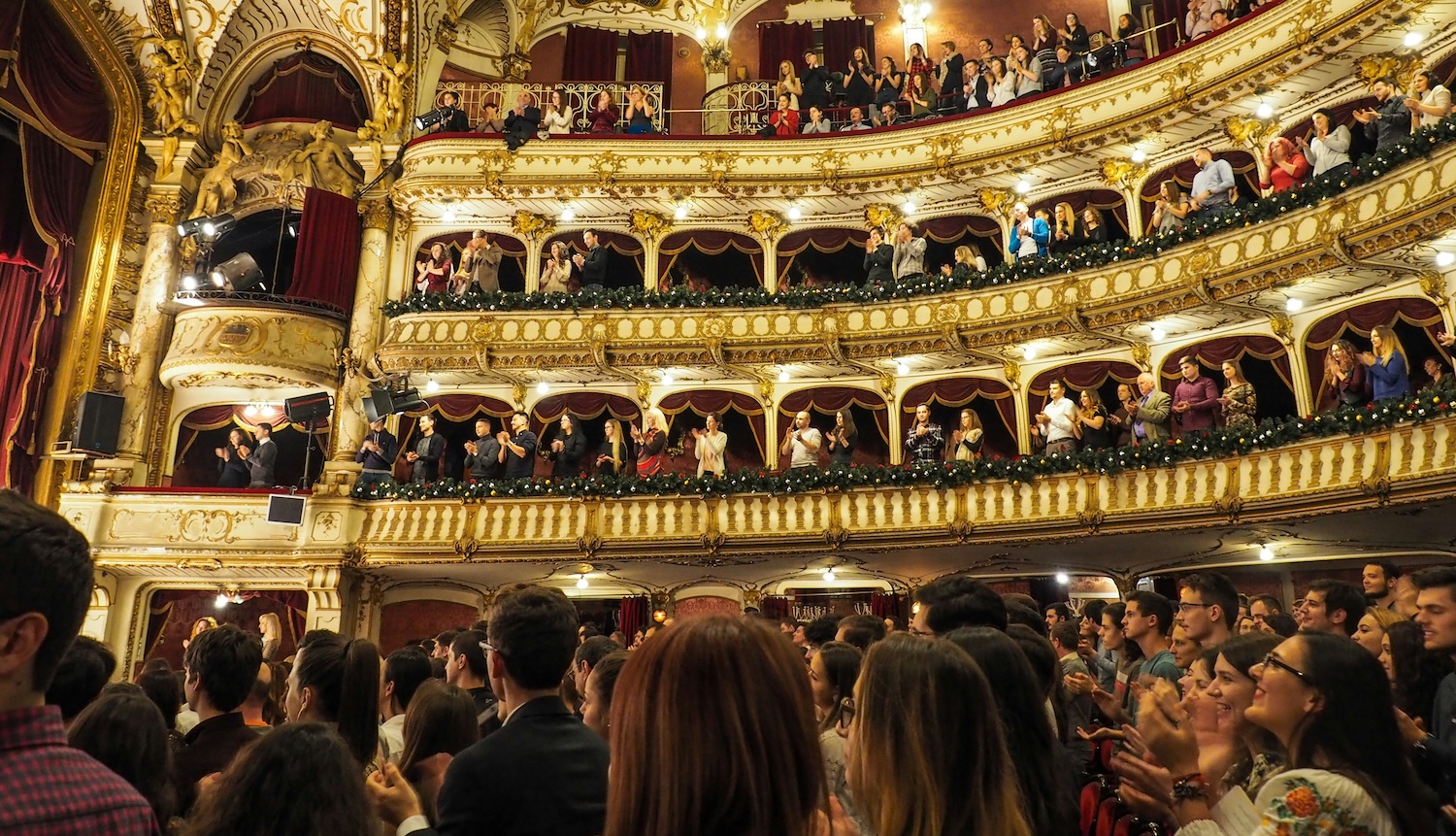Welcome to Deep Dive with Darkwave, where we answer your questions about tax quirks, business perks and how it all works. Meredith Fannin is a fully qualified Chartered Accountant, specialising in creative and performing arts, music, film, television and fashion. She’s here to answer your questions and help you get the most out of your creative pursuits.
Meredith breaks down how superannuation obligations have changed for creative businesses and what the changes mean for individuals working within creative industries. Listen to an overview of the key changes:
Have more questions? Want to get more out of your money and focus your time and energy on creating content, making music or building businesses? Darkwave is a boutique Chartered Accounting Firm, led by directors Meredith Fannin and Andrew Elmore, who bring a combined 40-plus years of unrivalled experience to the business. Darkwave’s Business Management arm for busy mavericks also offers a virtual CFO service for artists, creators and creatives.
Not had a chance to listen? Read Darkwave’s tips below.
ATO Removes “Results Test”
There has always been a section in the Super Guarantee Administration Act that meant those in film or TV production, or those paid to perform in musical theatre or any any sort of live music event, were entitled to superannuation. In the past, businesses could look at the “results test” on the ATO website and determine whether the individuals were eligible or not.
The ATO has removed this “results test” so now it comes down to the specific terms of the contract. What this means is that super obligations will need to be assessed on a case-by-case basis, and that businesses can no longer rely on a general rule and must assess each individual arrangement and each contract individually.
Specific Tasks vs. Intellectual Property
For individuals who are hired to perform a specific task, such as musicians playing in a band or crew members working on a production, they will generally be eligible for superannuation payments. This is because they are being paid to do a job that they cannot delegate to someone else – they have to show up and perform the work themselves.
On the other hand, for those who are being compensated for creating intellectual property, such as writers, the superannuation rules do not apply. Payments for royalties, licensing, and other IP-related income are not subject to superannuation obligations. The key distinction is whether the person is being paid to do a task or being paid for the IP they have created.
Grey Areas Remain
While recent changes to superannuation have cleared up several areas for people working in creative businesses and industries, some grey areas still remain and time will tell whether further changes will be made to address issues that may now arise. These include determining whether someone is being paid for performing a specific task or for creating intellectual property.
For writers, royalties and other IP-related payments may not require superannuation, whereas performers who are hired to do a specific job will likely be eligible. However, there can be some ambiguity, and it will come down to the specific terms of each contract. Creative businesses will need to carefully evaluate each arrangement to determine if superannuation is required.
Have more questions? Want to get more out of your money and focus your time and energy on creating content, making music or building businesses? Darkwave is a boutique Chartered Accounting Firm, led by directors Meredith Fannin and Andrew Elmore, who bring a combined 40-plus years of unrivalled experience to the business. Darkwave’s Business Management arm for busy mavericks also offers a virtual CFO service for artists, creators and creatives.


